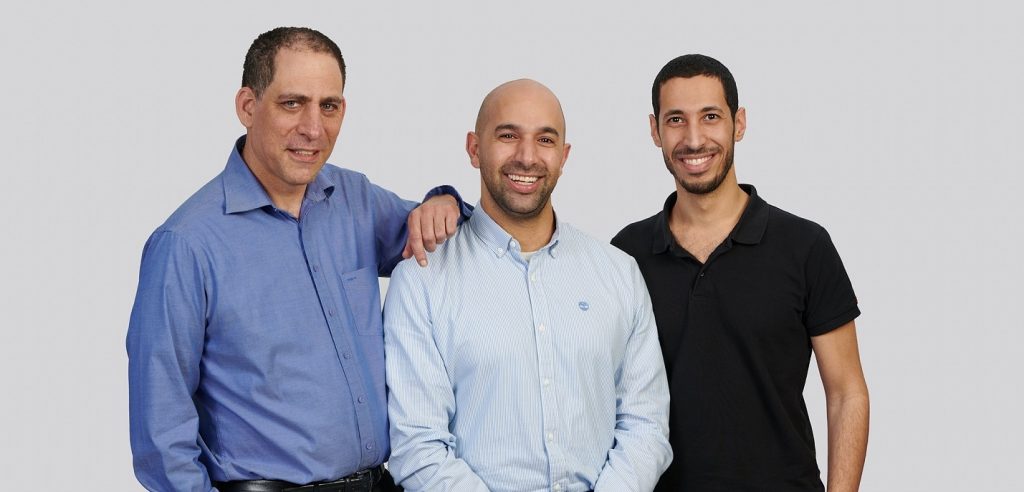Intel Capital led a $17 million Series A investment round in Israeli fabless semiconductor company TriEye. Founded in 2016, TriEye developed sensing technology that will allow Advanced Driver Assistance Systems (ADAS) and autonomous vehicles to enhance vision capabilities under common adverse weather (fog, dust) and low-light or night-time conditions.
Other investors in the round include Marius Nacht, the co-founder of Check Point Software Technologies, and existing investor Grove Ventures, headed by TriEye chairman Dov Moran, the inventor of the USB flash drive and co-founder of M-Systems. TriEye has raised over $20 million since it was founded, including a seed investment of $3 million led by Grove Ventures in November 2017.
The company’s product, the TriEye Raven, is an affordable HD Short-Wave-Infra-Red (SWIR) camera in a miniaturized format, which supports easy in-vehicle mounting behind the car’s windshield, TriEye said in a statement. Its primary target market is the automotive industry, but TriEye says its technology is highly applicable to a wide range of other sectors, including mobile, industrial, security and optical inspection.
TriEye’s technology is based on nearly a decade of advanced nano-photonics research by Professor Uriel Levy at the Hebrew University in Jerusalem. Levy, who serves as TriEye CTO, co-founded the company alongside Avi Bakal, its CEO, and Omer Kapach (VP R&D).
Intel Capital Israel’s Managing Director Yair Shoham, who joined TriEye’s board, said in a statement, “As the automotive industry transitions to autonomous driving, demand for sensor technologies is expected to grow rapidly. TriEye technology has the potential to enhance traditional camera functionalities by increasing performance in low visibility conditions in a way that complements vision-based camera sensor technologies.”
Bakal said, “Low visibility conditions such as fog, darkness and dust, and hazards such as black ice on the road, are some of the main contributors to injuries and fatalities in car crashes. In the US alone, around 21 percent of all vehicle crashes – nearly 1.2 million annually – are weather-related and often involve low visibility. Our mission is to save lives, reduce risks of accidents in these kinds of safety-critical conditions and do this in a very cost efficient way.”
Related posts

Israeli AI Safety Tool Among TIME’S Best Inventions For 2024

TAU Team Discovers Mechanism To Eliminate Cancerous Tumors

Ashdod Port Investing In Startups As Part Of Innovation Strategy




Facebook comments